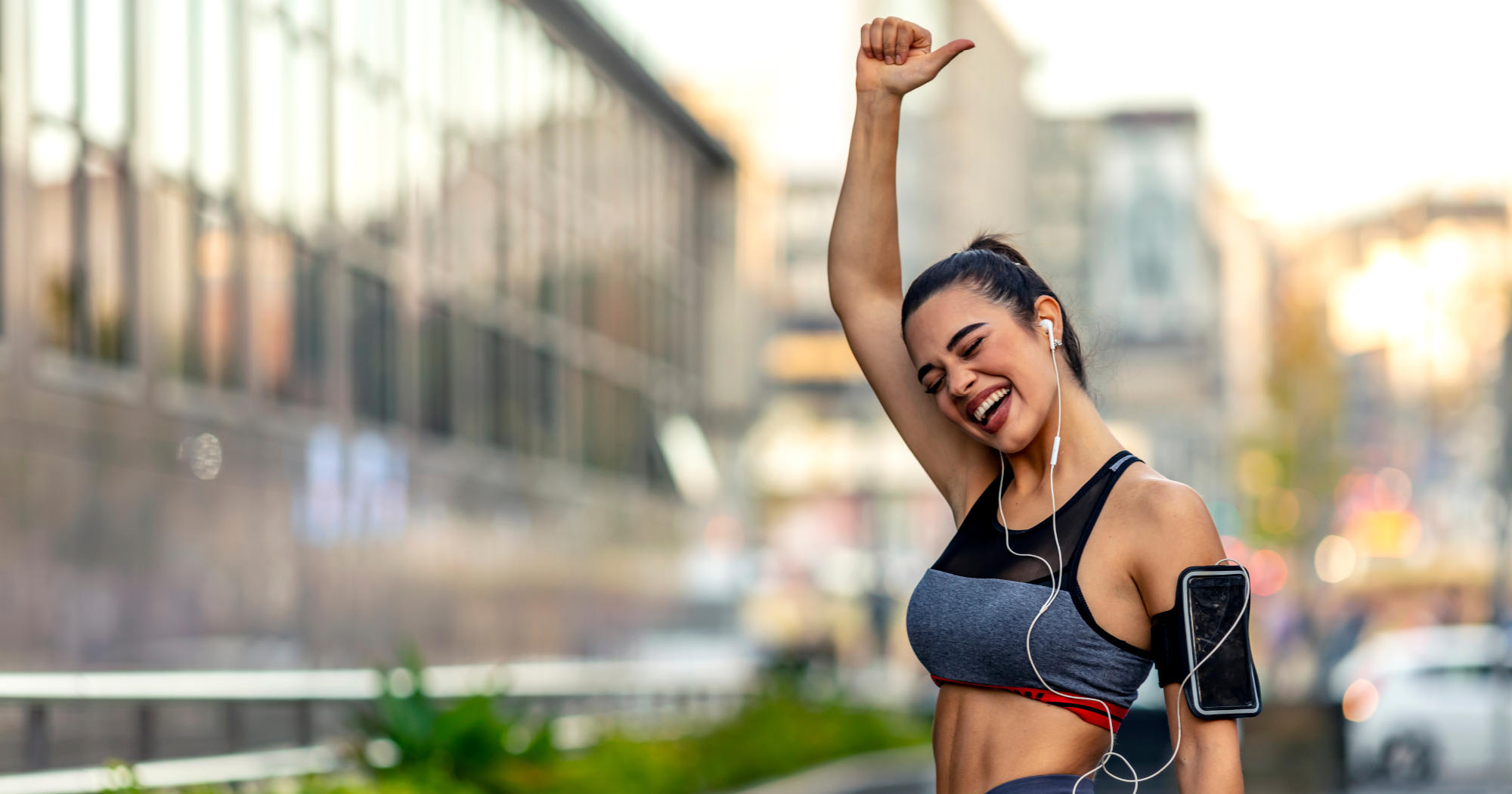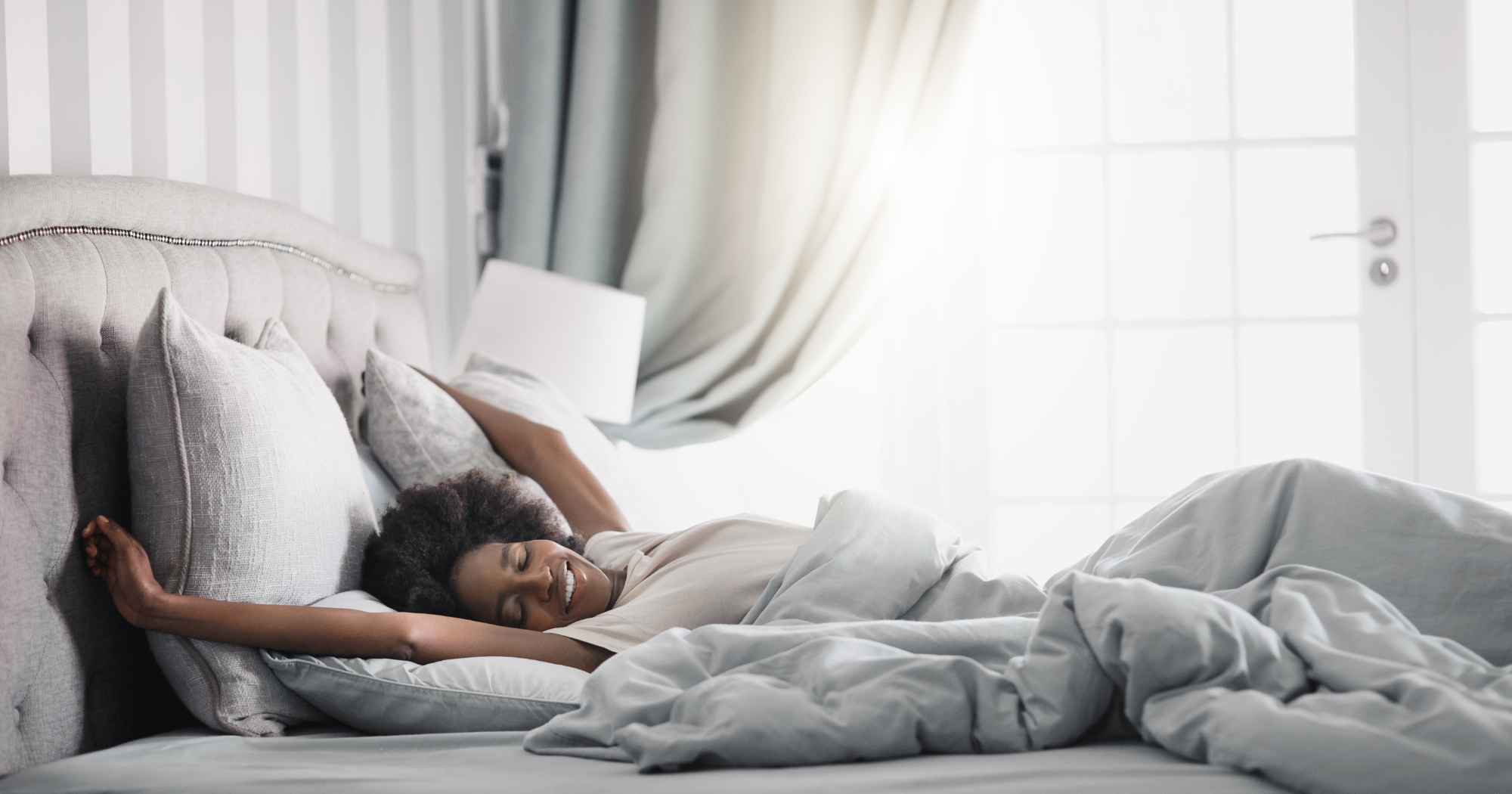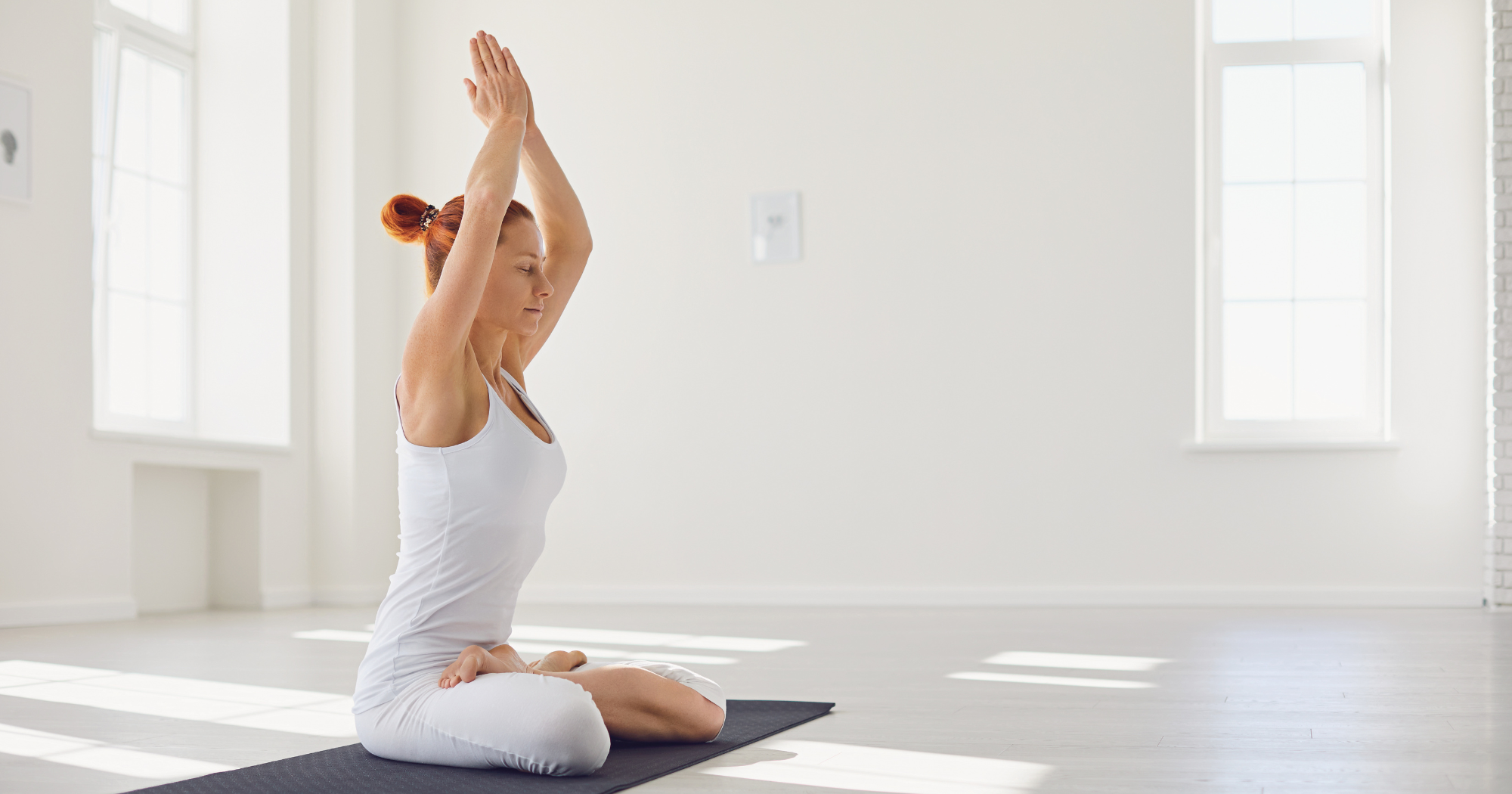
The Bare Necessities: Uncovering the Benefits of Barefoot Walking
, par FLOW Admin, 5 min temps de lecture
Más de 1200 clientes satisfechos  (4.7/5)
(4.7/5)

, par FLOW Admin, 5 min temps de lecture
Ever wondered why it feels so liberating to kick off your shoes and walk barefoot? It turns out, going au naturel with your feet isn't just a rebellious act against societal norms; it's actually packed with a surprising array of health benefits. Let's tread (barefoot, of course) through the reasons why embracing barefoot walking could be one of the best things you do for your body and mind.
When you walk barefoot, it's more than just a respite for your shoes; it's an opportunity for your feet to move as nature intended. This natural movement promotes a healthier foot strike, enhancing overall biomechanics, fortifying foot muscles, and alleviating undue stress on your legs and hips. By embracing barefoot walking, you're actively strengthening your foot muscles, which plays a crucial role in reducing the likelihood of injuries commonly associated with weak, underused foot muscles.
Walking barefoot on grass, sand, or soil can ground you – literally. This practice, known as ‘grounding’ or 'earthing,' involves direct skin contact with the surface of the Earth, allowing for an exchange of electrons. This connection with the environment has been shown to stabilise physiological processes, reduce stress, and promote calmness. It's like having a chat with Mother Nature – but beware, she might tickle!
Ditching the shoes can lead to better posture. Without the heel lift of most shoes, your body aligns more naturally. This alignment engages different muscles in your feet and legs, reducing strain on your joints. Additionally, as your body adjusts to this natural alignment, you may notice enhanced balance, making you more agile and less prone to falls.
Walking barefoot heightens your sensory experience. The soles of your feet are a map of nerve endings, each step stimulating different parts of your body. It's like getting a free reflexology session with every step! This stimulation can lead to improved body awareness and a unique sense of connection with your surroundings, enhancing both physical and mental well-being.
Walking barefoot, particularly on natural surfaces, connects you with the earth's negative ionic charge, believed to neutralise free radicals and reduce inflammation in the body. This grounding effect not only helps in lowering bodily stress and inflammation but also contributes to better sleep patterns. Improved sleep quality is often attributed to this reduction in physical stress and the balancing of cortisol levels, a stress hormone that can disrupt sleep.
If the idea of going barefoot outdoors seems a bit too adventurous, or if you're worried about interesting looks from your neighbours, fear not! You can still reap the benefits of barefoot walking in the comfort of your own home.
Consider using a walking pad or treadmill. They both provide a smooth, clean surface that's perfect for a barefoot stroll or jog, without the worry of stepping on something unpleasant. Perfect during those colder months or when outdoor conditions aren't ideal. Plus, you get to enjoy your favourite TV show while you're at it – talk about a win-win!
Whether you choose to embrace the earth beneath your feet outdoors or prefer the indoor convenience of a walking pad, going barefoot is a simple yet effective way to boost your physical and mental health. Plus, it's a great conversation starter at parties (just be sure to check the dress code first). So, kick off those shoes, and let your feet breathe a little – they might just thank you for it!
While barefoot walking offers numerous benefits, it's important to consider potential risks, especially when walking outdoors. Uneven or rough terrains can pose a risk of cuts, bruises, or puncture wounds. Walking on hot surfaces can cause burns, and in colder climates, there's a risk of frostbite. Additionally, individuals may encounter allergens or irritants like plant oils, which can cause skin reactions. It's crucial to gradually transition to barefoot walking to allow your feet to adapt and to be mindful of the surfaces you're walking on to avoid injury.
Walking barefoot on artificial surfaces like walking pads does offer some benefits, such as improved foot mechanics and sensory stimulation. However, the experience differs from walking on natural surfaces. Natural terrains provide varied textures and temperatures, enhancing sensory feedback and potentially offering additional grounding benefits. While walking pads are a great alternative, especially in unfavourable weather or for convenience, they don't fully replicate the grounding experience of earthing on natural surfaces.
Barefoot walking is generally beneficial, but it might not be suitable for everyone. Individuals with certain foot conditions, such as severe flat feet, plantar fasciitis, or diabetic neuropathy, should exercise caution. In these cases, the lack of support and cushioning might exacerbate symptoms or lead to injury. It's advisable for individuals with pre-existing foot conditions or concerns to consult with a healthcare professional before starting a barefoot walking regimen. Customised advice based on individual health needs can ensure safety and effectiveness in adopting this practice.


